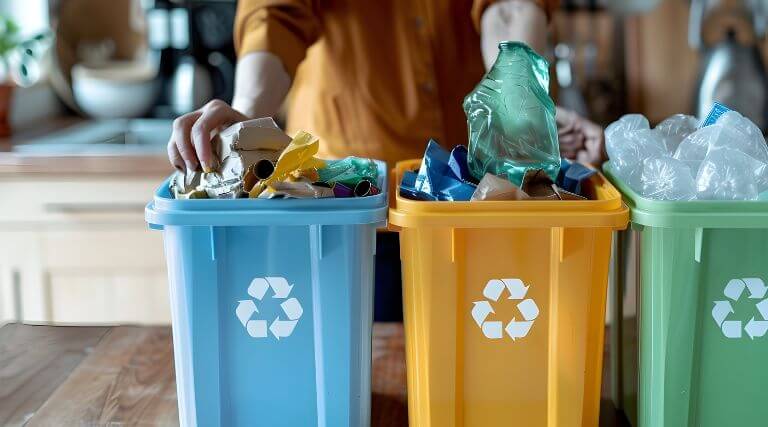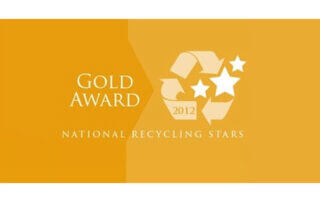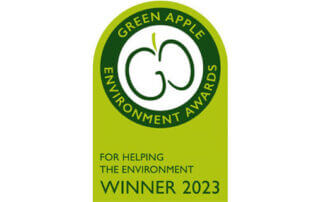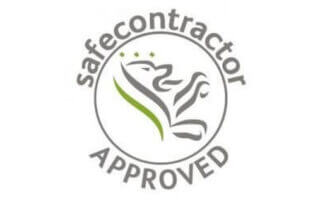
Recycling has become an essential part of modern life, offering significant benefits for individuals, communities, and the environment. Despite widespread awareness, many people still wonder why recycling is so important. This detailed blog will explain the key reasons why recycling your waste is crucial and how it positively impacts the planet and future generations.
Protecting the Environment
Recycling helps reduce the need for raw materials, such as trees, metals, and fossil fuels. By reusing materials already in circulation, we minimise the destruction of natural habitats and conserve precious resources. For example, recycling paper reduces the demand for tree felling, while recycling metals means fewer mines need to operate, preserving ecosystems around the world.
Additionally, recycling waste reduces the amount of rubbish sent to landfills. Landfills release harmful greenhouse gases, including methane, which contribute to climate change. By recycling, you play a role in lowering these emissions and slowing global warming.
Conserving Energy
Producing goods from recycled materials uses significantly less energy than creating products from raw resources. For example, recycling aluminium saves up to 95% of the energy required to produce aluminium from raw bauxite. Similarly, recycling plastic consumes far less energy than producing it from crude oil.
This energy conservation also translates to a reduction in carbon emissions. Lowering energy consumption reduces the demand for fossil fuels, which are a major source of greenhouse gas emissions. By recycling, you contribute to a cleaner, greener future.
Reducing Waste
Recycling is one of the most effective ways to tackle the mounting waste crisis. Landfills across the UK are filling up rapidly, and finding new sites is both expensive and harmful to the environment. By recycling materials like glass, plastic, and paper, you help reduce the amount of waste sent to these sites.
Furthermore, incinerating waste to manage its volume produces toxic pollutants and releases large amounts of carbon dioxide into the atmosphere. Recycling offers a cleaner alternative, reducing the burden on waste disposal systems and ensuring a more sustainable solution for waste management.
Supporting the Circular Economy
Recycling plays a vital role in building a circular economy, where resources are reused, repaired, and recycled to keep them in use for as long as possible. Unlike the traditional linear economy—where goods are produced, used, and discarded—a circular economy reduces waste and maximises the value of resources.
By recycling your waste, you support industries that rely on recycled materials. This helps create sustainable supply chains, reduces dependence on raw resources, and promotes innovation in recycling technologies and sustainable product designs.
Saving Money
Recycling isn’t just good for the environment—it can also save you money. Many local councils offer reduced waste disposal fees for households and businesses that recycle effectively. For businesses, recycling can lower operational costs by reducing the amount of rubbish that needs to be removed by a waste management service.
In some cases, recycling can even generate income. Materials like aluminium and certain plastics can be sold to recycling companies, providing a financial incentive for responsible waste disposal.
Teaching Responsibility to Future Generations
By recycling, you set an example for younger generations, teaching them the importance of protecting the planet. Children who grow up recycling often adopt environmentally-friendly habits for life, ensuring that the benefits of recycling extend far into the future.
Recycling also fosters a sense of community responsibility. When everyone works together to reduce waste and protect the environment, it builds a shared commitment to sustainability and a better quality of life for all.
What Can Be Recycled?
To make the most of recycling, it’s important to know what can and cannot be recycled. Common recyclable materials include:
- Paper and Cardboard: Newspapers, magazines, and cardboard boxes.
- Plastics: Bottles, containers, and packaging marked with recycling symbols.
- Glass: Bottles and jars.
- Metals: Aluminium cans, tin cans, and scrap metal.
- Electronics: Old phones, laptops, and small appliances.
- Organic Waste: Food scraps and garden waste can often be composted.
By sorting your waste correctly, you ensure that recyclable materials are processed efficiently and effectively.
How Can We Help?
If you’re looking to manage your waste more responsibly, we’re here to help. Whether you need a reliable skip hire service or advice on disposing of specific materials, our team is ready to assist. We offer affordable and efficient waste removal services tailored to your needs.
Contact us today on 01442 229 029 or Book Online to schedule a service. Together, we can make a positive difference to the planet while keeping waste management stress-free for you.
Recycle your waste, protect the planet, and join the movement towards a more sustainable future!
about our business

Waste King is your go-to provider for all your rubbish clearance and skip hire needs.









